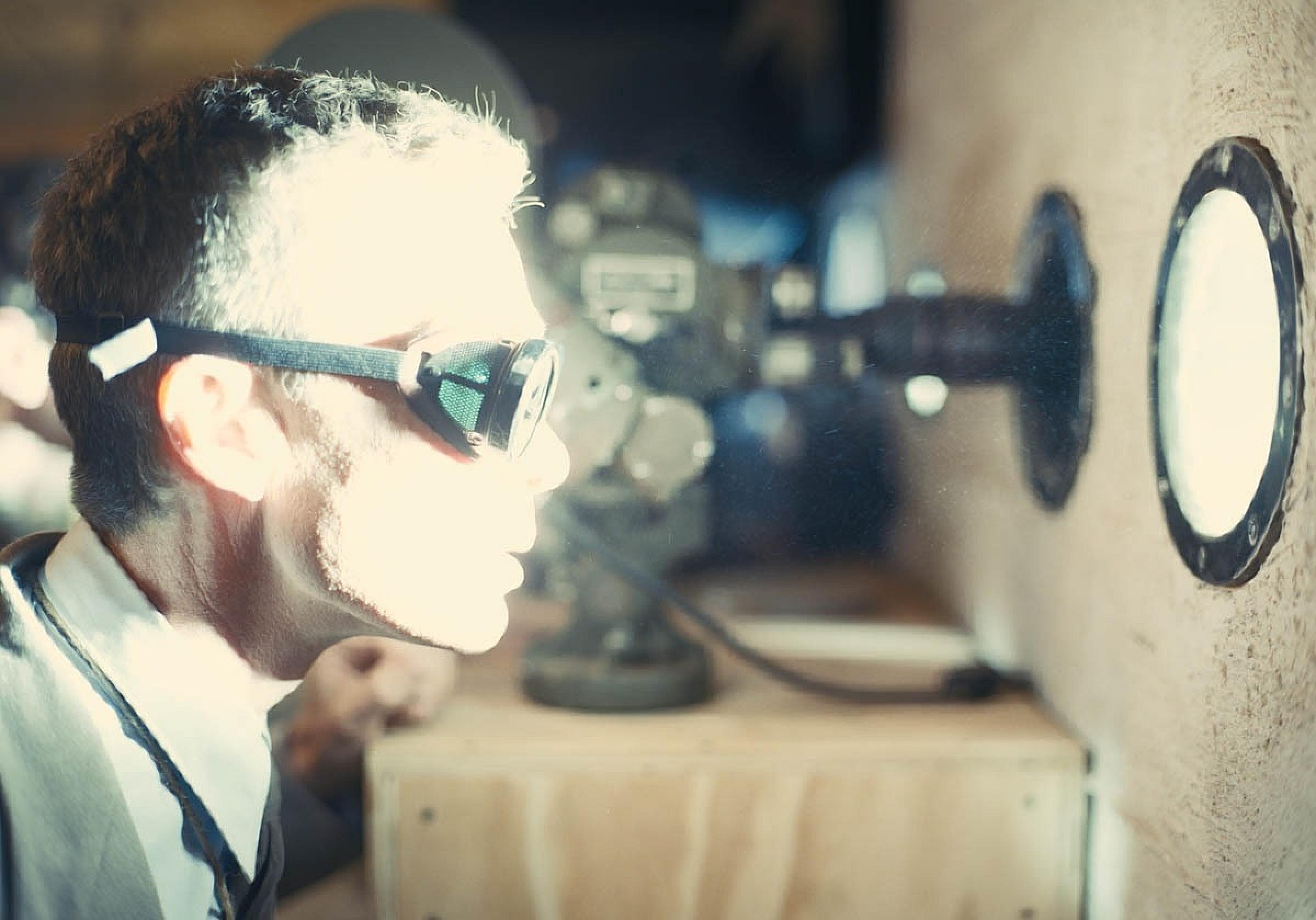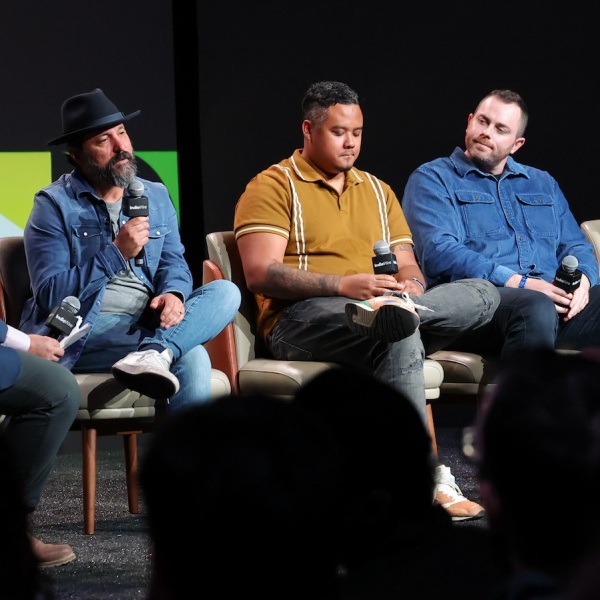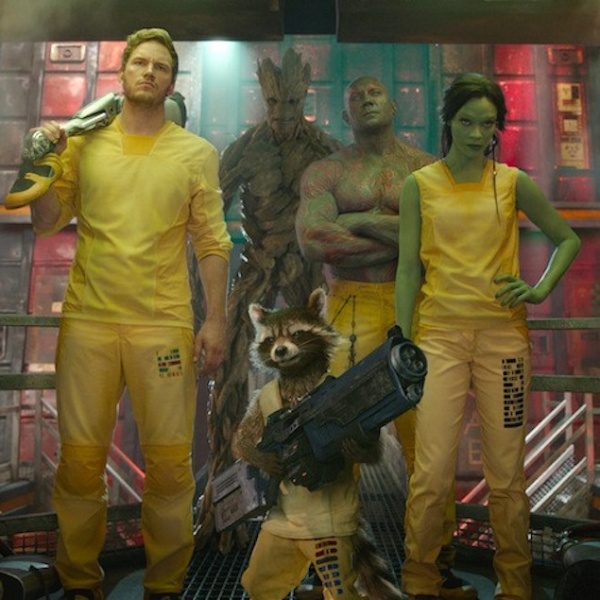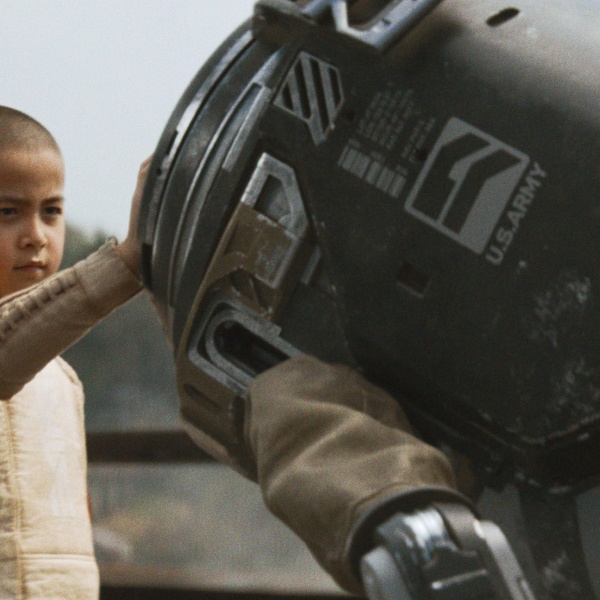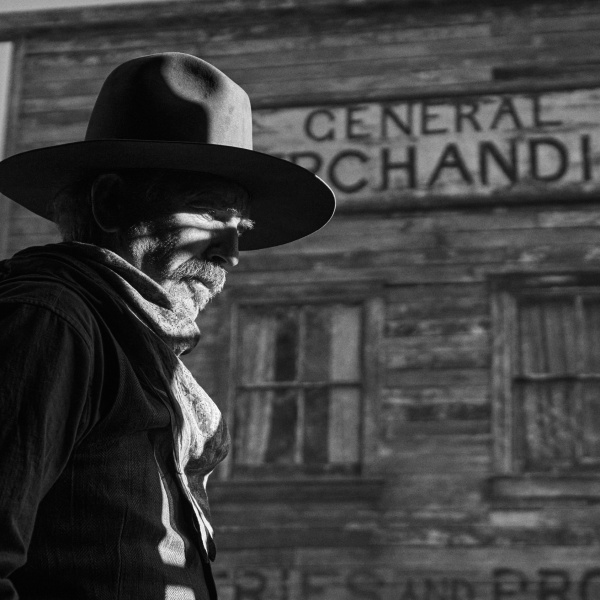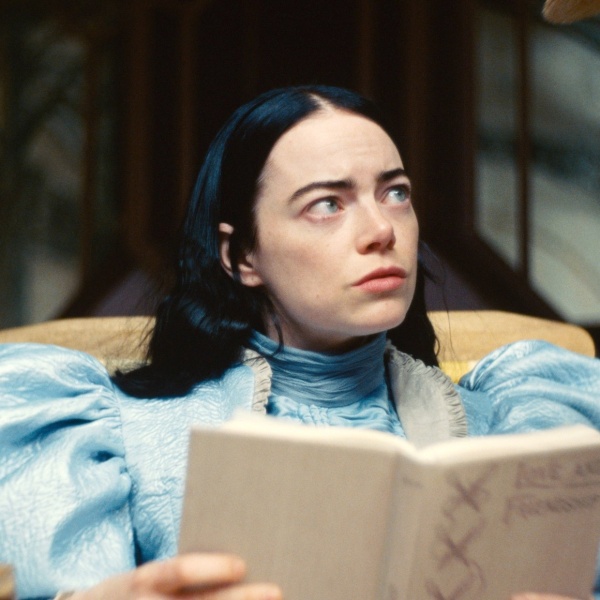Nominations voting was from January 11–16, with official Oscar nominations announced on January 23. Final voting is February 22–27. And finally, the 96th Oscars telecast will be broadcast on Sunday, March 10, and air live on ABC at 7 p.m. ET/ 5 p.m. PT. We update predictions throughout awards season, so keep checking IndieWire for all our 2024 Oscar picks.
The State of the Race
After grabbing two out of three prizes at the 71st Motion Picture Sound Editor’s Golden Reel Awards and the top sound mixing prize at the 60th CAS Awards, Christopher Nolan’s explosive “Oppenheimer” is now in the driver’s seat for the sound Oscar. The other nominees are “The Zone of Interest,” “The Creator.” “Maestro,” “Mission: Impossible — Dead Reckoning Part One.”
“The Zone of Interest,” Jonathan Glazer’s acclaimed Holocaust drama about the banality of evil and the international feature film Oscar favorite, poses the most serious threat, but it failed to win the MPSE foreign language award, which went instead to the surprising “Society of the Snow.”
For “Oppenheimer,” Nolan once again tapped his Oscar-winning supervising sound editor/sound designer Richard King (“Dunkirk,” “Inception,” “The Dark Knight,” “Master and Commander: The Far Side of the World”) to lead the expansive sound design. This included the Trinity test explosion, which sounded like a cosmic door slamming as well as the subatomic particles and waves and cosmic black hole, all manipulated by natural sound effects. Also on the team were Oscar-winning production sound mixer Willie Burton (“Dreamgirls,” “Bird), Oscar-winning music and sound effects mixer Kevin O’Connell (“Hacksaw Ridge”), and dialogue mixer Gary Rizzo (“Dunkirk,” “Inception”).
“The Zone of Interest” features an appropriately disturbing soundscape from go-to sound designer/re-recording mixer Johnnie Burn in collaboration with production sound mixer Tarn Willers. Loosely based on the Martin Amis novel, it explores real-life Auschwitz commandant Rudolf Höss (Christian Friedel) and his wife (Sandra Hüller), an avid gardener, as they attempt to build a dream life with their family in the surrounding countryside next to the camp. Burn (who meticulously researched Auschwitz) treated it as a horror movie soundscape, piping sound into our ears to draw pictures in our heads, and it was the most violent film he’s ever worked on. The result was a contrast in nature and the mechanical environment, punctuated by sounds of the atrocities and screams inside the camp.
Gareth Edwards’ AI sci-fi-actioner, “The Creator,” contains a retro-futuristic soundscape aesthetic, led by supervising sound editors Erik Aadahl and Ethan Van Der Ryn (the Oscar-winning “King Kong” and “The Lord of the Rings: The Two Towers”), production sound mixer Ian Voight, and re-recording mixers Tom Ozanich and Dean Zupancic. After the director shot the entire film guerilla-style in 80 locations throughout Southeast Asia as the primary camera operator with a small crew and natural light, the sound team created the unique sound for New Asia, including weapons, vehicles, and devices, along with the sounds of the humanoid robots called Simulants and also the less-advanced robots.
King is also an Oscar contender for Bradley Cooper’s Leonard Bernstein film, “Maestro,” in collaboration with the director’s Oscar-nominated team from “A Star Is Born”: production sound mixer Steve Morrow, re-recording mixers Tom Ozanich and Dean Zupancic, and music editor Jason Ruder. Cooper once again wanted the sound to be recorded live, which posed great challenges and opportunities. The film explores a complicated love story between the legendary conductor/composer Bernstein (Cooper) and actress wife Felicia Montealegre (Carey Mulligan), spanning more than five decades (with the first half in black-and-white and the second half in color). It’s about immersing us in the sound of Bernstein’s musical orbit, and it puts us up close to the orchestra or among the people at a party. It’s intimate and epic, and the Dolby Atmos is powerful. The emotional highlight is Bernstein’s feverish conducting of Gustav Mahler’s “Symphony No. 2 (“Resurrection”) at Ely Cathedral in London.
“Mission: Impossible — Dead Reckoning Part One,” from producer-star Tom Cruise and director Christopher McQuarrie, contained a more intimate visceral sound approach for Ethan Hunt’s (Cruise) high-octane adventure to thwart a global AI threat. This marked the franchise’s first Oscar nomination, led by the Oscar-winning “Top Gun: Maverick” team of supervising sound editor James Mather and re-recording mixers Chris Burdon and Mark Taylor, along with Oscar-winning production sound mixer Chris Munro (“Gravity,” “Black Hawk Down”). The highlights include the brutal alley fight in Venice between Hunt and French assassin Paris (Pom Klementieff), the wild car chase in Rome, where Ethan and Grace (Haley Atwell) are up against a giant Hummer in a tiny yellow Fiat, and the chaotic kitchen scene during the Orient Express train wreck finale.
Nominees are listed below in order of likelihood they will win.
Contenders
“Oppenheimer” (Willie Burton, Richard King, Kevin O’Connell, and Gary A. Rizzo)
“The Zone of Interest” (Johnnie Burn, Tarn Willers)
“The Creator” (Ian Voigt, Erik Aadahl, Ethan Van der Ryn, Tom Ozanich and Dean Zupancic)
“Maestro” (Richard King, Steve Morrow, Tom Ozanich, Jason Ruder, and Dean Zupancic)
“Mission: Impossible — Dead Reckoning Part One” (Chris Munro, James H. Mather, Chris Burdon and Mark Taylor)
